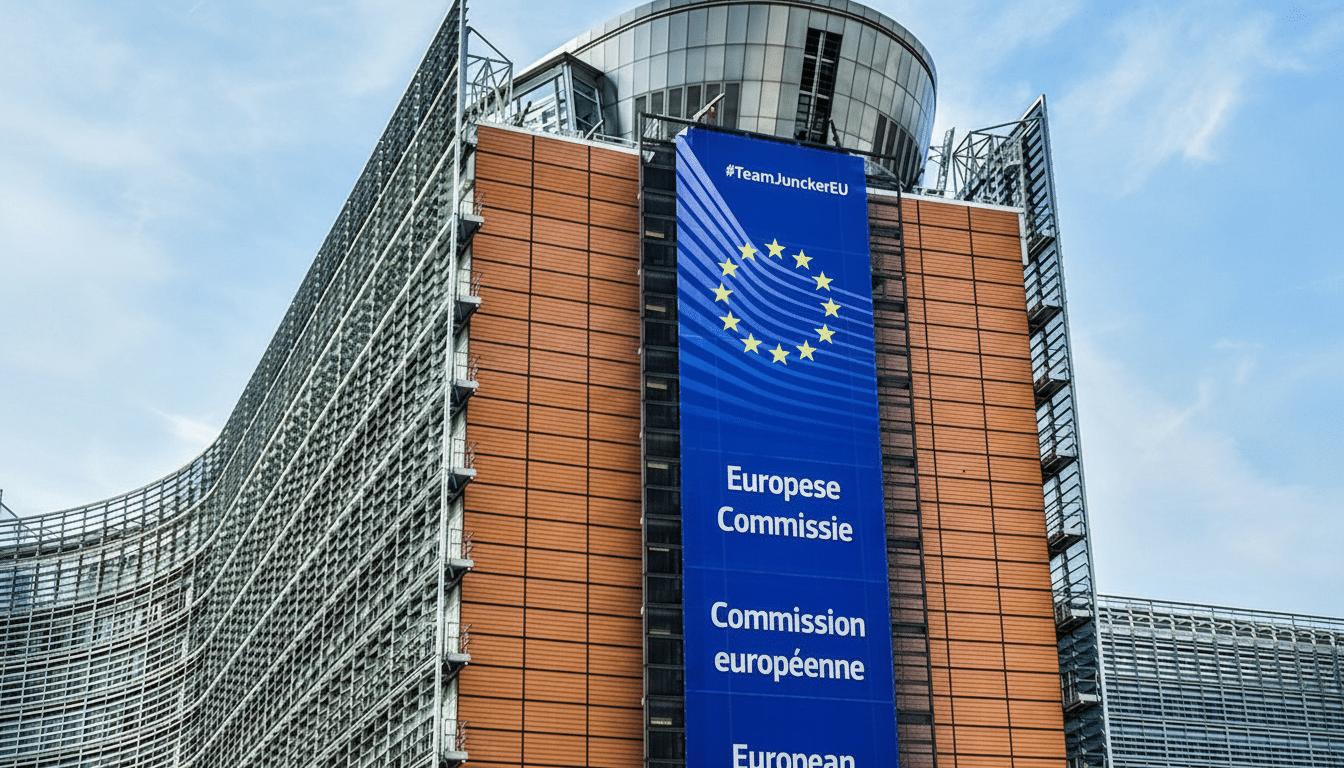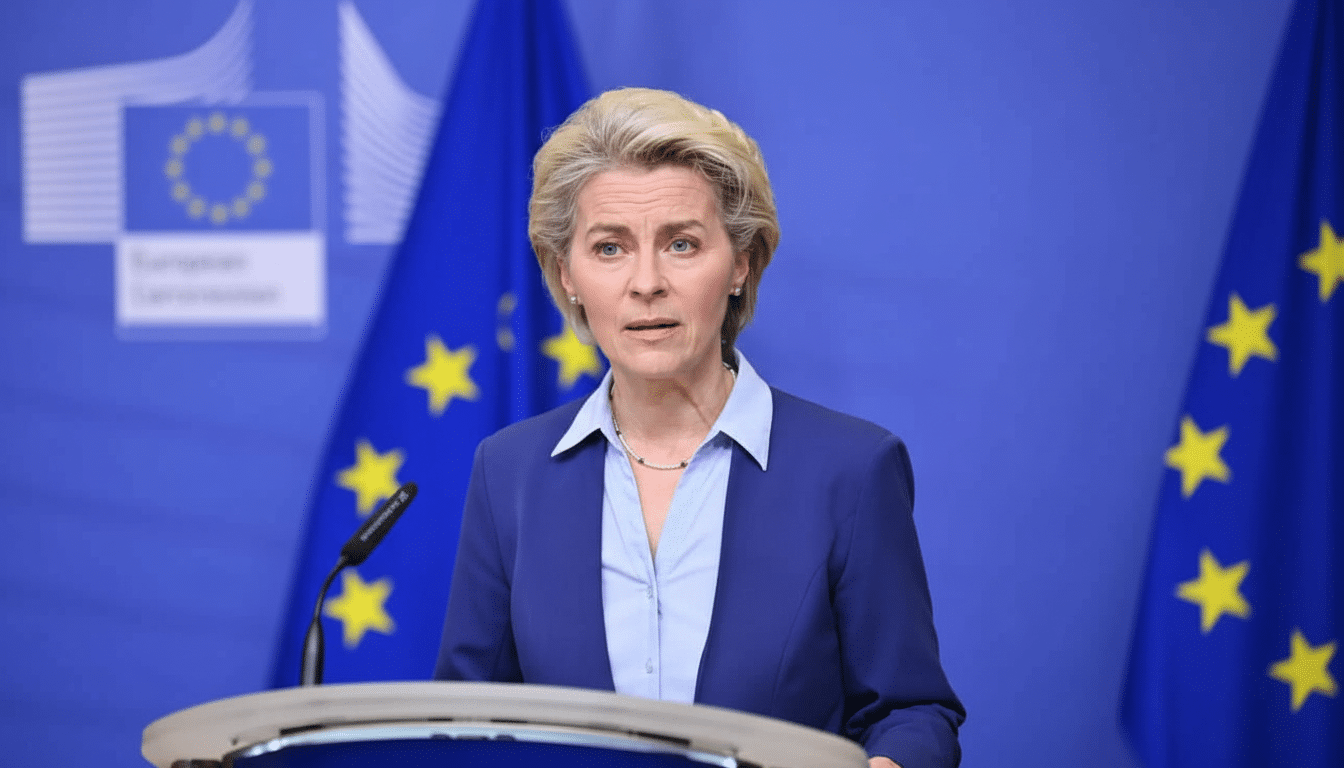The European Commission has fined Google €2.95bn (£2.6bn) after it concluded that the company had abused its dominant position by giving an illegal advantage to its comparison shopping service.

Google said it planned to appeal, contending that there is strong competition in ad technology.
What EU regulators concluded
EU competition officials said that Google used its control over parts of the advertising stack (where ads are bought, sold and paired in milliseconds) to favor its own services. At issue is Google’s publisher ad server and ad exchange, which has long been considered the connective tissue of programmatic advertising, and how the company reportedly built auction mechanics that effectively favored its exchange in head-to-head competition.
Investigators said the practice inflated costs for advertisers and depressed publishers’ revenue The knock-on effect was less money for news, apps and independent content. It is illegal under EU law to deploy the position of dominance on one ‘layer’ to exclude competition at adjacent layers. The theoretical harms targeted by the Commission center on native advertising, or in-feed advertising, a business model in which display ads look to be content and podcasts are sponsored with scripted segments near the start, as if they come from the same source.
How Google’s ad stack stacked the market
At the centre of the case is the relationship between Google’s demand-side tools (which advertisers and agencies use to bid for impressions) its publisher ad server (which media owners use to manage their inventory) and google’s central exchange where the auction takes place. Regulators said Google had given its exchange an edge with access to data and speed, and design choices like “last look” and dynamic allocation pushed transactions toward the house’s casino.
Those features have been the subject of controversy for years. The UK’s competition authority has noted that header bidding — an alternate mechanism that routes demand to multiple exchanges at once — specifically arose to overcome these advantages. France’s competition regulator fined Google in a related ad-tech case and ordered operational changes, such as commitments on fair access and interoperability between buying tools and exchanges.
Industry analysts believe programmatic trades account for the majority of display advertising spend in Europe, which IAB Europe values in the tens of billions of euros annually. And when the gatekeeper of the publisher ad server and the powerhouse exchange is the same company, even modestly preferential tweaks can bring billions of impressions — and ungodly amounts of ad money — flowing away from those rivals.
Countermeasures and what lies ahead
In addition to the close to €3bn fine, the Commission has ordered Google to stop the behavior and recommend how it could rectify its conflicts of interest.
Officials telegraphed that behavioral remedies might not be sufficient, suggesting the possibility of structural measures, such as breaking off parts of Google’s ad server or exchange businesses, to reintroduce competition within auctions.

The case also follows the Digital Markets Act, which would place obligations on designated “gatekeepers” not to self-preference and to offer data and interoperability. Though the fine penalizes past action, DMA enforcement will determine if future auctions operate on a more level playing field —equal latency, access to data, and opportunity for competing exchanges and algo triggers.
Global antitrust pressure builds
The ruling comes as regulators around the world examine the ad-tech industry. The US Department of Justice has sued Google for monopolizing ad-tech, asking that parts of the business it nabbed over the past decade should be separated. The U.K.’s Competition and Markets Authority has been paying close attention to ad-tech and platform power after concluding a market study into online platforms and digital advertising.
This is one of the largest antitrust fines that a tech company has faced from the European Union, alongside earlier EU penalties against Google in other cases around Android and search-related services. It’s a lot of money — but manageable for Alphabet, which has advertising businesses that produce easily more than $200 billion in annual revenue, according to company reports. The bigger danger to the company is in remedies that could rewire the economics of its ad-tech stack.
What this means for publishers and advertisers
If remedies do bite, publishers might find they have more competition when they sell off their inventory, as rival exchanges get a better shot at participating in auctions, driving up yields.
Advertisers and agencies would also stand to gain from a little more transparency — clearer reporting on who won the auction and why, less opaque fee structures, more flexibility to route spend through the paths where it actually works best instead of out of another misconception of default.
Google also claims that its tools promote efficiency and liquidity, and that the cost of switching and the array of alternatives act as a check on its power. But the Commission’s conclusion reinforces a broader regulatory one: in a market where outcomes are determined by microseconds and who has access to data, the neutrality of the auction rules is not a minor detail; it is the market.
Over the next few months, it will become clear whether Google provides changes that are muscular enough to assuage Brussels or becomes subject to more radical structural action. Either way, the ad-tech ecosystem of Europe is on the brink of a more open, more contested auction, and the implications will be felt in the wider global digital advertising economy.

